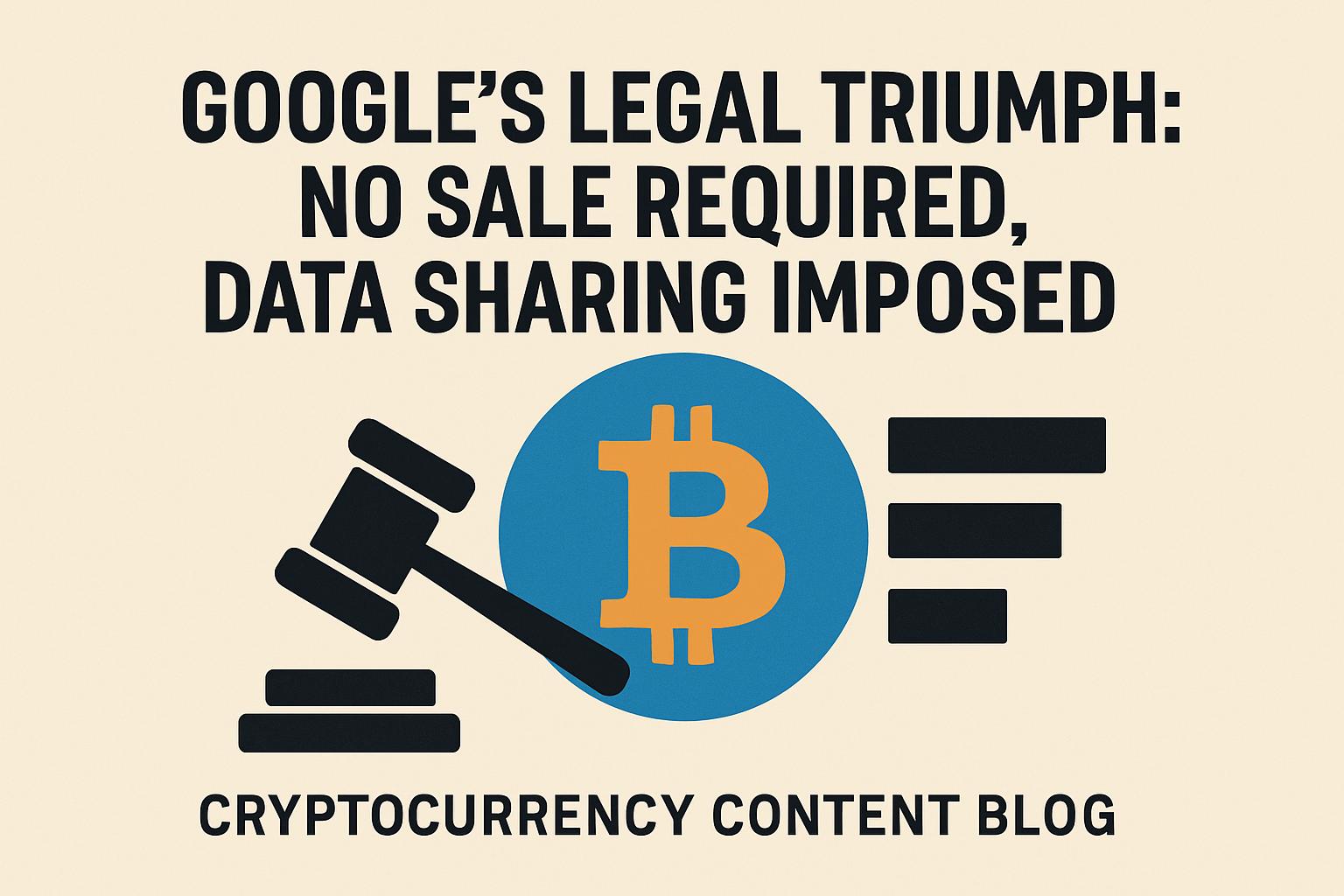The recent antitrust ruling regarding Google, one of the most pivotal in the past three decades, has captured the attention of tech industry watchers worldwide. A U.S. federal court has determined that Alphabet’s Google is not required to divest its highly popular Chrome browser, a significant relief for the tech giant amid the Department of Justice’s aggressive antitrust pursuits. However, the ruling introduces a new mandate: Google must share certain search data with competitors, including tech powerhouses Microsoft, OpenAI, and emerging players like Perplexity.
Implications for Google and Its Partners
The court’s decision, delivered by Judge Amit Mehta, prohibits Google from entering into exclusive distribution agreements with partners. Nevertheless, the company retains the ability to pay considerable sums to maintain its dominance as the default search engine on various platforms, a practice that benefits Apple significantly. Currently, Apple reaps approximately $20 billion annually by keeping Google as the default search option on iPhones.
While the court did agree with some of the government’s contentions, finding that Google had unlawfully monopolized the search advertisement market, Judge Mehta rejected the more drastic measures proposed by the Justice Department, such as breaking up Google’s Chrome and Android businesses. Following the announcement, Alphabet’s stock surged nearly 9% after hours, while Apple’s shares experienced a notable 4% increase.
Innovative Collaboration or Competitive Pressure?
Under the new directive, Google must provide certain search data to rivals, which could bolster competition in search engine technology and the AI sector. This change is poised to assist others like DuckDuckGo, Microsoft, and burgeoning AI firms in enhancing their services through improved access to data that was previously unavailable to them. Additionally, Google can no longer require Android device manufacturers to pre-install an entire suite of Google apps to access the Google Play Store, signaling a shift toward greater marketplace flexibility and fairness.
The requirement for data sharing aims to level the playing field in digital search and advertising markets, bringing potential benefits to consumers through increased innovation and varied choices. As Google faces these new stipulations, the tech world keenly watches how this balance of collaboration and competition will unfold.
This landmark decision not only draws attention to Google’s market strategies but also highlights evolving legal frameworks in the age of technology, calling into question the power dynamics within the internet’s vast ecosystems.

![[News] Bitcoin at a Turning Point? 10x Research Signals a Bullish Macro Shift Ahead](https://cryptoexplores.com/wp-content/uploads/2025/06/new20250616.jpg)
![[News] Binance Lists $HOME, the Gas-Free, Bridge-Free All-in-One DeFi App](https://cryptoexplores.com/wp-content/uploads/2025/06/news20250617.jpg)